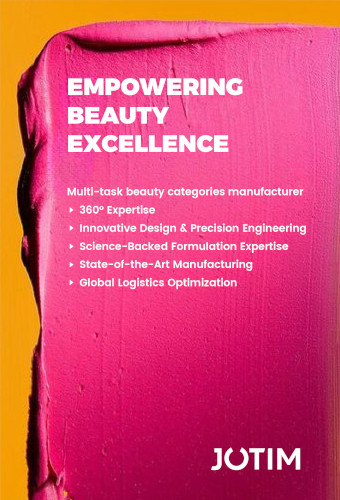More and more people are aware of biodiversity. If credible information and reputable brands are available, consumers are ready to purchase biodiversity-friendly products and contribute to the conservation and sustainable use of biodiversity. These are among the latest insights of the Biodiversity Barometer, an annual survey of the Union for Ethical Biotrade (UEBT) on biodiversity awareness among consumers and leading beauty, food and beverage companies around the world. [1]
Lack of confidence
UEBT research shows that consumers would like to contribute to biodiversity conservation, but most don’t yet know how to go about it. They expect companies to respect people and biodiversity, but are currently far from confident that appropriate measures are being taken. Consumers want to receive more information, and could be convinced by the reputation of a brand as well as authentic, externally verified stories.
“We see both a clear responsibility and opportunity for companies. Natural ingredient supply chains can be turned into positive agents of change, promoting actions that restore biodiversity and promote local development. This implies a significant challenge, of course, as it requires a paradigm shift and a true commitment to ethical sourcing, but it can be done. A few companies, including UEBT members, have already taken up the challenge and are leading the way”, says Rik Kutsch Lojenga, UEBT Executive Director.
Inspiring examples
According to the UEBT, the beauty sector offers some inspiring examples of how companies can put their supply chains to work for people and biodiversity, and UEBT research shows consumers begin to recognize this. For instance, Natura Cosmetics, a Brazilian multinational that is widely recognized for their commitment to sustainability, has pioneered sourcing with respect of biodiversity for many years. Natura makes sustainable use of the Amazon’s biodiversity and actively contributes to local development, something that is verified independently by UEBT.
The natural cosmetics company Weleda is another good example. Just recently, Weleda was awarded the Swiss Ethics Award for their engagement with UEBT and their commitment to promoting ethical sourcing practices along all their natural ingredient supply chains.
Also beyond UEBT, companies are acting. For instance, The Body Shop, which is also mentioned by consumers in the UEBT survey, recently launched a new global CSR Commitment, Enrich Not Exploit, with a pledge to enrich the planet, its biodiversity and resources.




































